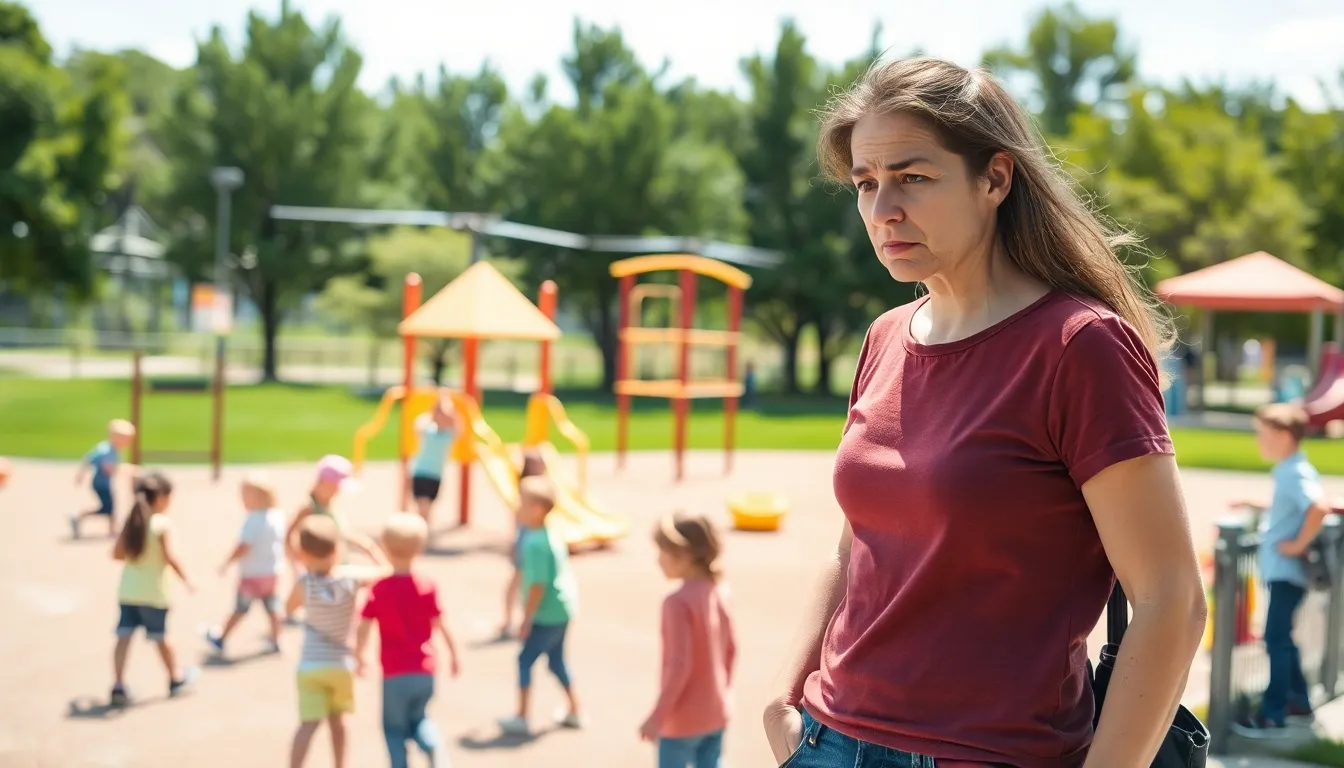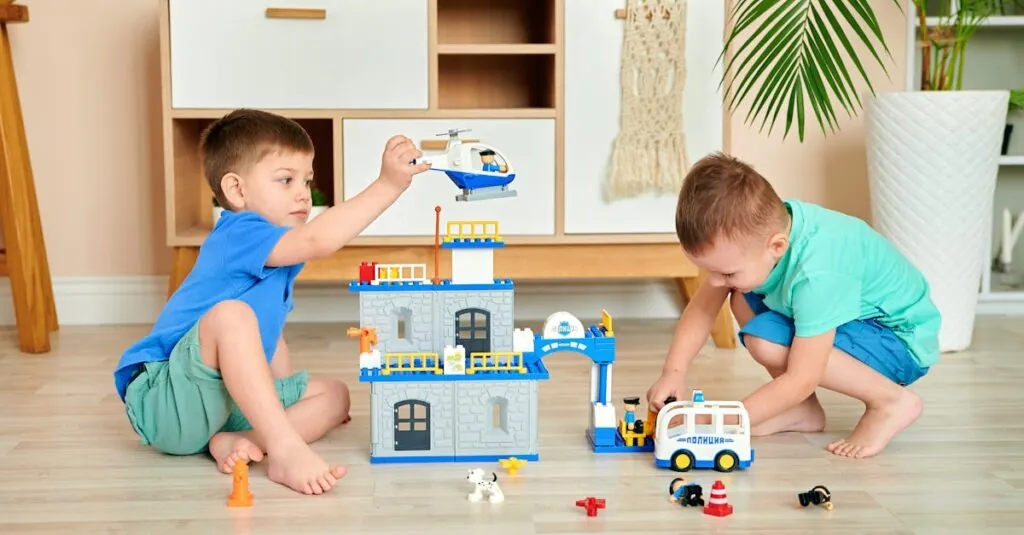Ever noticed how some parents seem to orbit their kids like it’s an Olympic sport? Welcome to the world of helicopter parenting, where hovering is taken to new heights. But what exactly does it mean? Buckle up as we explore this parenting style that balances on the fine line between care and control, with a sprinkle of humor, some firm facts, and a whole lot of insight.
The Definition of Helicopter Parenting

Helicopter parenting is a term that depicts a style where parents excessively oversee their children’s activities, often swooping in at the slightest hint of trouble. This behavior stems from a genuine desire to protect and support, but it often leads to more harm than good. It got its catchy name because of the parents’ ability to hover over their children, akin to a helicopter ready to land at a moment’s notice. While parental involvement is crucial during a child’s development, helicopter parenting tends to veer into overprotection, stifling a child’s independence and decision-making skills.
Characteristics of Helicopter Parenting
Several hallmark traits define helicopter parenting.
- Micromanagement: These parents closely monitor every detail of their child’s life, from grades to friendships. With a tight grip on their children’s environment, they may inadvertently stifle their autonomy.
- Over-involvement: Helicopter parents often participate in their child’s daily activities, just so they can control outcomes. You might see them quarterbacking a science project or negotiating playdates.
- Shielding from Failure: Fear of their child failing or encountering adversity leads these parents to intervene even when their child could overcome obstacles independently. This prevents essential learning experiences.
- Excessive Praise: Often, they shower their children with constant affirmation to boost their self-esteem, which, paradoxically, might create dependence rather than build a solid foundation of self-worth.
Effects of Helicopter Parenting on Children
The repercussions of helicopter parenting can be far-reaching.
Children raised in such environments can struggle with anxiety and self-doubt. Since they often lack real-world problem-solving experiences, their resilience may suffer. These children may fear failure due to their parents’ inappropriate safety nets. As they grow older, the inability to manage independence can translate into difficulties in college or the workforce.
Interestingly, studies show that these children may also experience feelings of entitlement, expecting parents to resolve their problems as they move into adulthood. Their struggle with self-sufficiency often leads to a prolonged dependency on their parents.
The Psychological Perspective on Helicopter Parenting
From a psychological standpoint, hovering parents often act out of fear. They may be anxious about their children facing disappointments or hardships. This type of overprotectiveness can create a cycle of anxiety, not only for the parents but also for the children. As these children grow, they may internalize the belief that they must always seek help rather than rely on their own capabilities. Also, the emotional turmoil can lead to impaired relationships, as children might struggle to form healthy attachments outside of their family dynamics.
Comparing Helicopter Parenting to Other Parenting Styles
Helicopter parenting differs significantly from other methodologies. In contrast, authoritative parenting offers guidance while promoting independence. These parents encourage children to make choices and learn from their consequences in a supportive environment.
On the other side, permissive parenting has a lay-back approach, providing love but often lacking boundaries. Helicopter parents often mistake encouragement for intervention, blurring these lines. Understanding these differences is crucial for parents wishing to adopt a balanced approach that nurtures growth rather than hovers over it.
Strategies for Balanced Parenting
Finding a middle ground between overprotectiveness and giving children the freedom they need can be challenging.
- Set Boundaries: Clear yet flexible boundaries allow children to understand their limits while encouraging exploration.
- Encourage Independence: Simple tasks like letting children choose their clothes or solve minor issues can help cultivate confidence.
- Teach Problem-Solving: Equipping children with skills to navigate challenges fosters resilience.
- Step Back: If the instinct is to interfere, parents should take a deep breath. Observing rather than intervening can support a child’s growth in tackling issues head-on.













